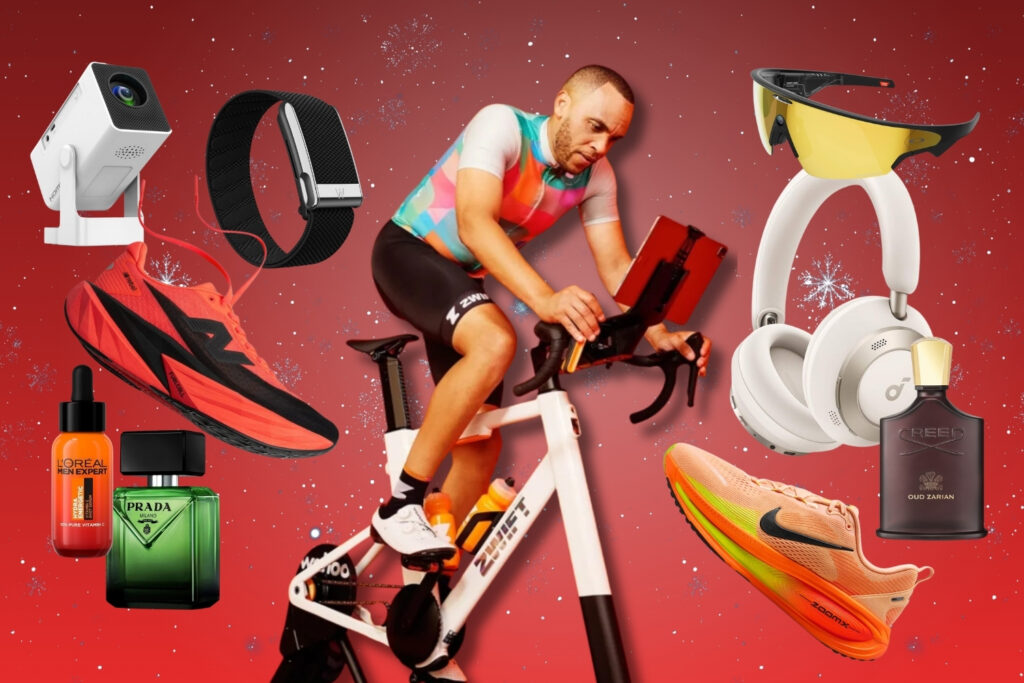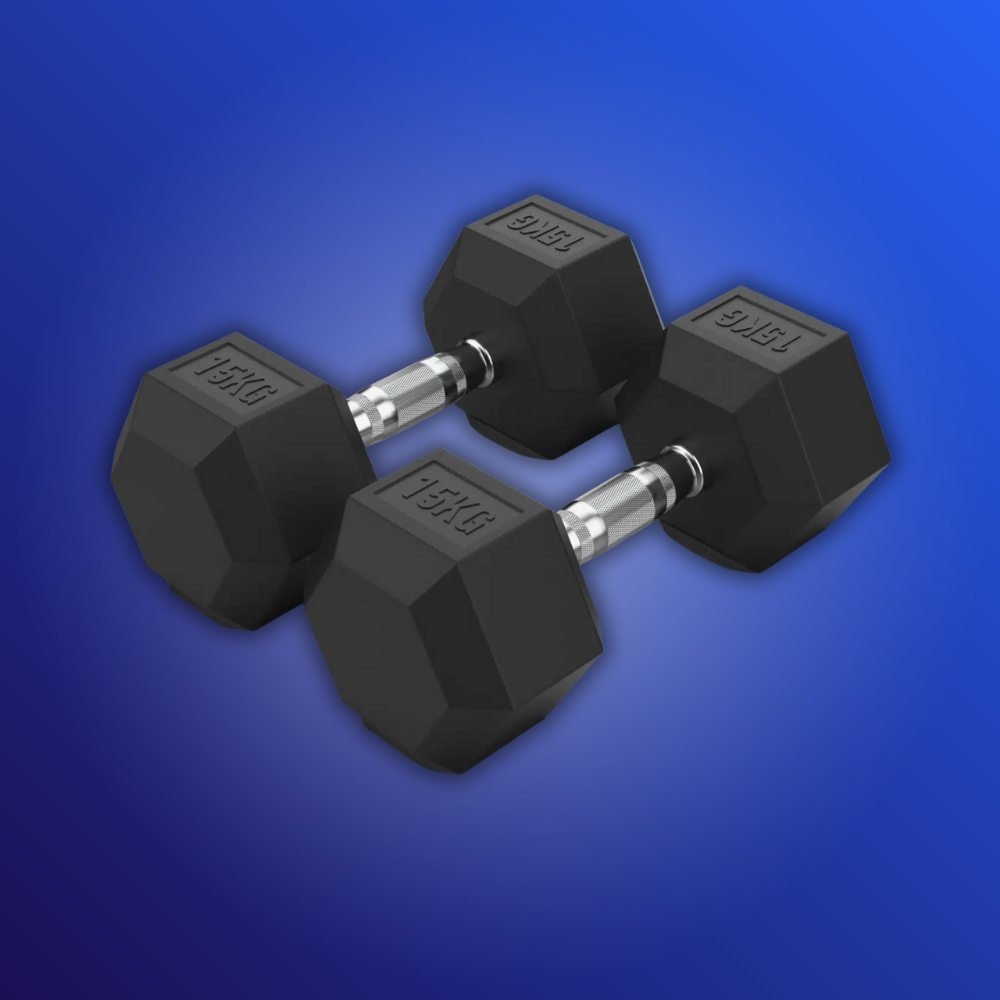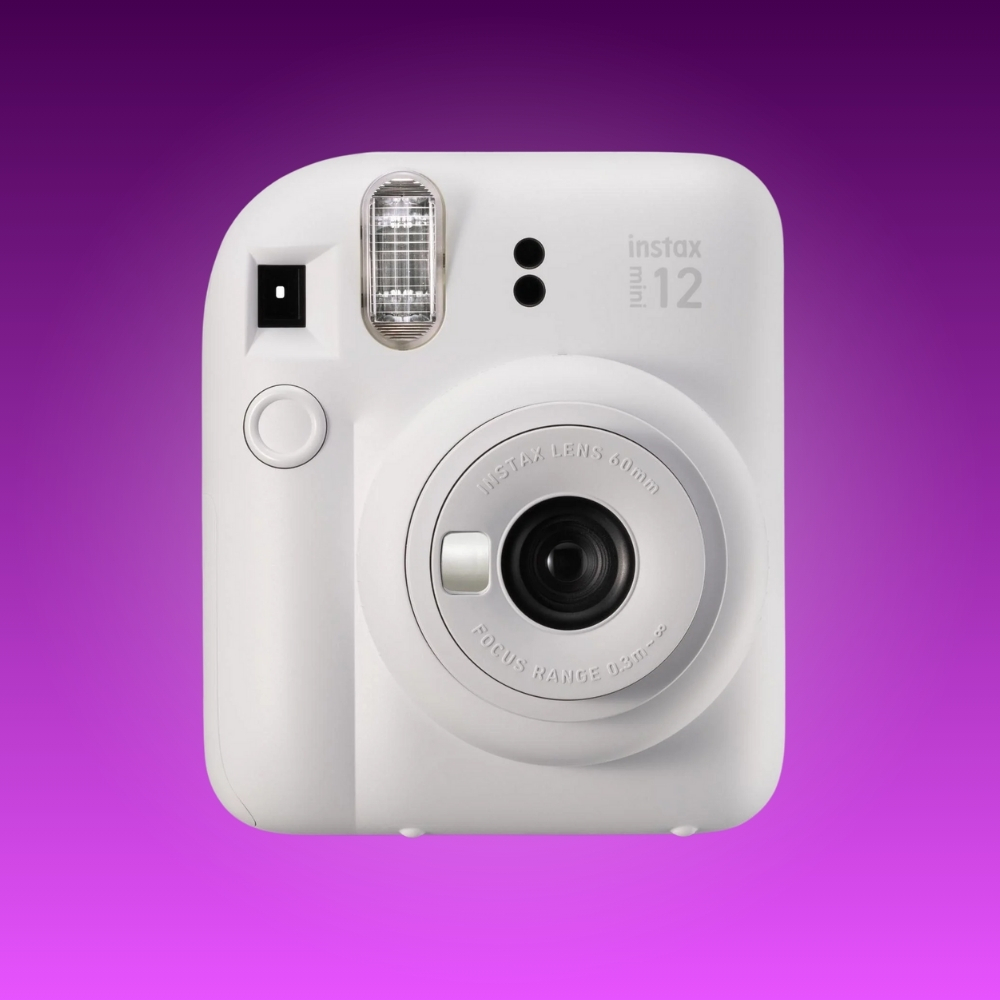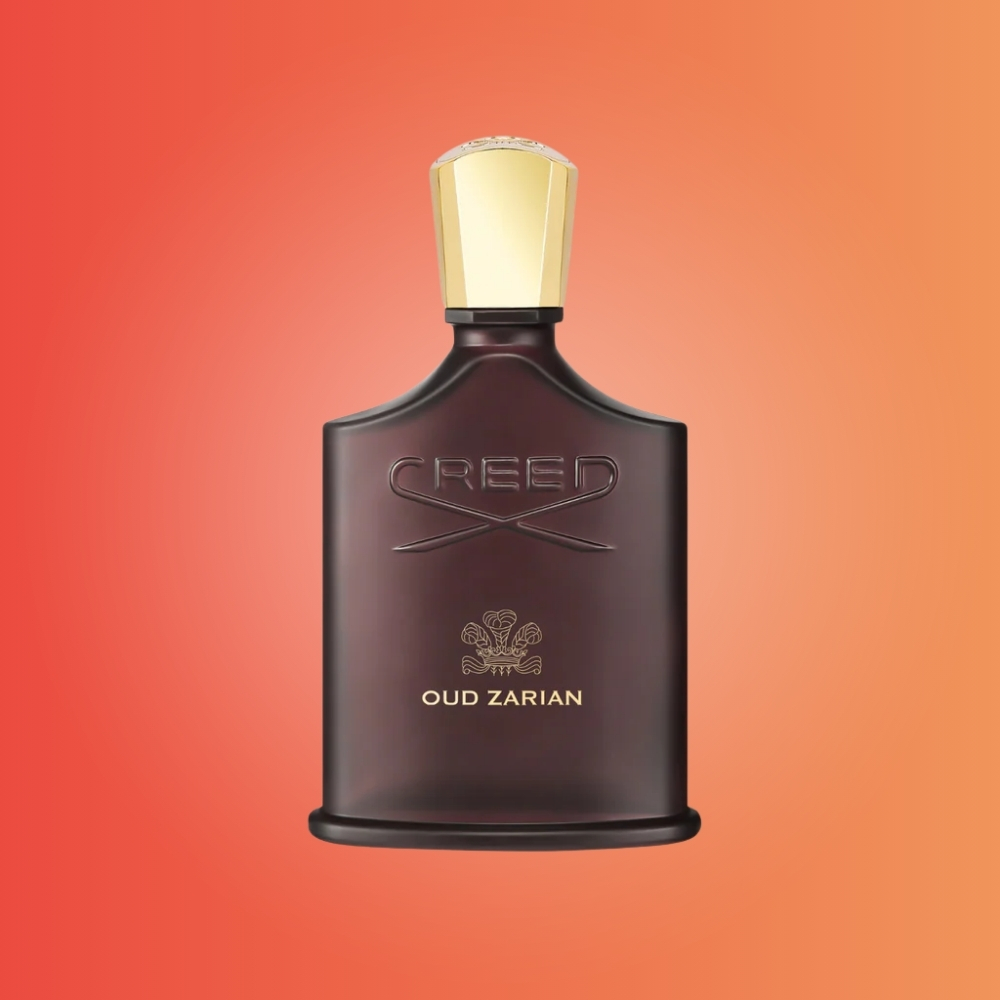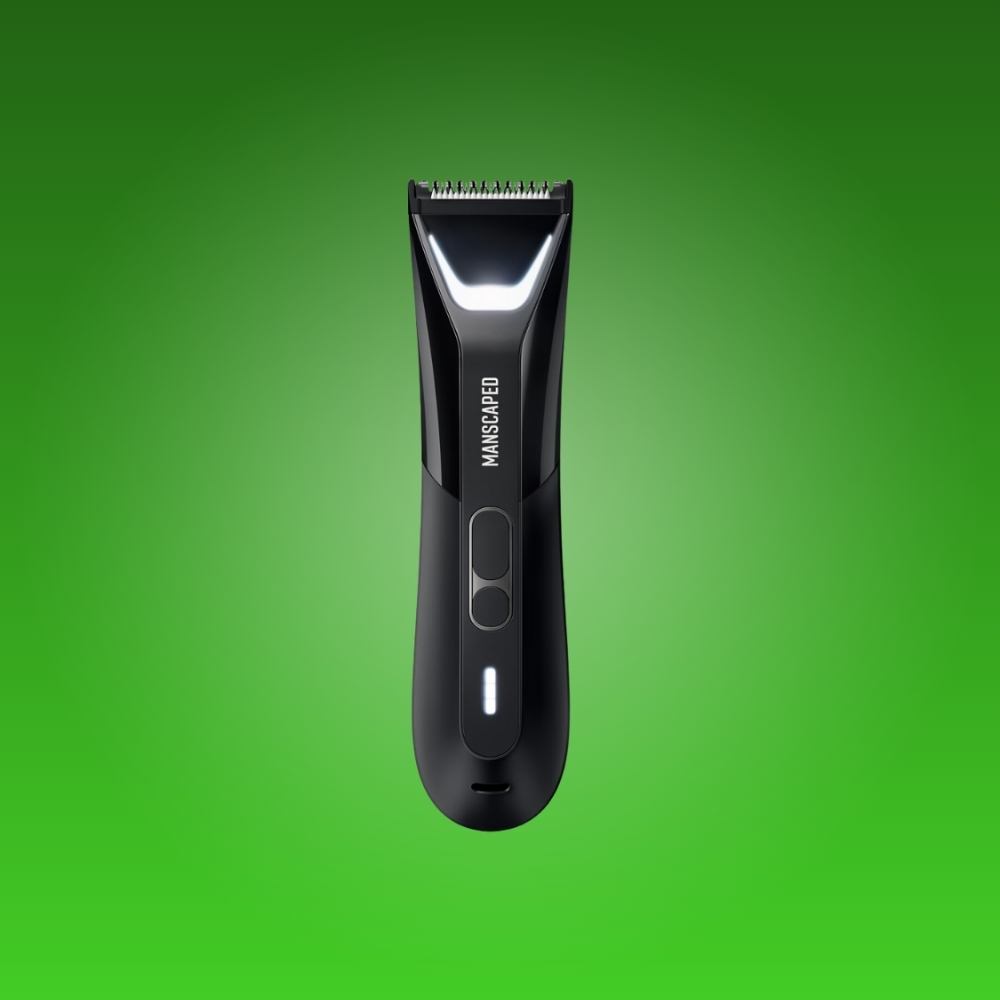You know better than to buy anything labeled “hangover cure” the morning after a wild night. But there has to be something out there to ease the headache, nausea, and overall sense of feeling like crap…right?
While the research on this topic is limited, a quick Google search yields more than a few potential treatments. Some of these actually work (water is your friend, guys!) Others, not so much (Taco Bell after a night of partying = a recipe for a trip to the bathroom).
We asked experts to rank each hangover tip on a scale of 1 to 10, with 1 being the least effective and 10 being the most effective. The next time you hit the bottle too hard, here’s what you need to know to make the next day a little more bearable, as well as what to avoid altogether.
1. Water
During a night of heavy drinking, H2O is a must. That’s because alcohol is a diuretic and can cause dehydration, which can lead to the telltale symptoms of a hangover (headaches, nausea, etc.). So before you fall into bed, down 16 to 20 ounces of water, says Dr. Daniel K. Hall-Flavin, a consultant in addiction psychiatry at the Mayo Clinic. And the next time you go out, he recommends ordering a glass of water with every beer. Alternate between the two to replace lost fluids as you go.
Effectiveness Score: 8
2. Sleep
It’s hard to sleep well after a night of heavy drinking: studies have shown that alcohol use is associated with decreased sleep quality. But getting a good night’s sleep is crucial to letting your body recover from a night of partying. So try to sleep as much as you can, and make sure you get your requisite seven to nine hours of shuteye the night after.
Score: 5
3. IV Bags
A new trend in hangover treatment is getting an IV bag filled with fluids and a mix of medications (such as anti-nausea medications) the day after heavy drinking. It’s been marketed as a fast, easy way to instantly get rid of a hangover, but many doctors warn that it sends a dangerous message to users who think they can get a quick-fix remedy after drinking and partying all night. Plus, with prices ranging from $85-875 a pop, they aren’t cheap.
Score: 2
4. Sports Drinks
“Even though the diuretic effect of alcohol may cause the body to lose some electrolytes, it’s not so much that you need to replace them right away,” says Dr. Samir Zakhari, director of the Division of Metabolism and Health Effects at the National Institute on Alcohol Abuse and Alcoholism. And research has shown Gatorade is no better for a hangover than water from your tap, so save your money.
Score: 3
5. Coffee
Lots of people use a cup of joe to wake up and feel alert at work, whether they’re hungover or not. But a trip to Starbucks won’t give you lasting benefits, and caffeine can both treat and cause headaches and migraines. If you do down a cup, be sure to drink water, too, as studies suggest caffeine can cause dehydration.
Score: 4
6. More Alcohol (‘Hair Of The Dog’)
“Bad idea,” Dr. Hall-Flavin says. “It will provide a numbing effect, but all you’re doing is prolonging the inevitable, and it will likely make your headache worse.” Another reason to avoid cracking open a cold one: Experts agree that if you use this “cure,” the risk of abuse increases and could lead to alcohol dependency.
Score: 1
7. Toast
Remember when your mom gave you toast as a kid when you couldn’t keep anything down? This is good advice for adults who’ve spent the night hugging the porcelain throne, too. While no food can halt the roller coaster in your stomach, carbs can help bring your blood sugar levels back up the morning after, Dr. Hall-Flavin says.
Score: 7
8. Greasy Food
If you can keep a Big Mac down after a night of heavy drinking, by all means, go for it. But what you eat after a night of boozing doesn’t matter as much as what you eat before you did all of those Jagerbombs. Food helps slow the absorption of alcohol, and the longer it takes the alcohol to reach your blood stream, the longer it is until you become intoxicated.
Score: 5
9. Pain Meds
Ease a pounding headache with a pill (or two, depending on the recommended dosage), but stick to nonsteroidal anti-inflammatory drugs (or NSAIDs, such as aspirin, ibuprofen, and naproxen), not acetaminophen (Tylenol). “While it’s OK for a headache, when combined with a liver that’s working overtime to metabolize alcohol, it can cause liver damage or be deadly,” says Dena Davidson, Ph.D., former associate professor of psychiatry at Indiana University School of Medicine.
Score: 7
10. Vitamins
If you normally take a multi, go ahead, but no studies have found that any particular vitamins will do anything to help treat a hangover.
Score: 3
11. Exercise
One drink — a 12-ounce beer, 5 ounces of wine, or 1.5 ounces of hard liquor — is metabolized by your body in about an hour, so the whole “sweat it out” theory is just a myth. At the same time, the endorphin release could potentially boost your mood, so if you’re feeling up to it, just be sure you keep your water bottle handy so you don’t become even more dehydrated.
Score: 6
12. Sex
“There is no research that shows that sex will make a hangover go away, but maybe it will make the time go faster,” says Dr. Joris C. Verster, assistant professor at Utrecht University in the Netherlands. “If it makes you happy, go for it.”
Score: 3
The Best Way To Prevent Hangovers
Unfortunately, the best way to prevent hangovers is the simplest way: drink less. Limit your drinks to about one every hour. Your body metabolizes each beer (or wine or shot) in about 60 to 75 minutes, Dr. Hall-Flavin says. Drink faster, and your blood alcohol level rises faster. Eat before you drink and follow Dr. Hall-Flavin’s “beer and a glass of water” rule.
“The best treatment is prevention,” says Dr. JC Garbutt, Professor of Psychiatry at UNC Chapel Hill. “Your body is telling you something if it feels that bad. 1-3 drinks is a much smarter place to be and if one can’t only drink that amount, then one should step back and ask ‘What is my relationship with alcohol?'”







